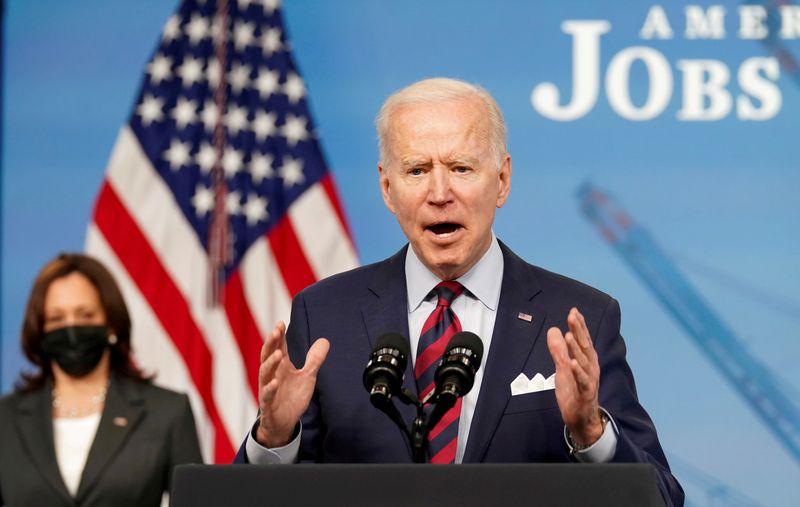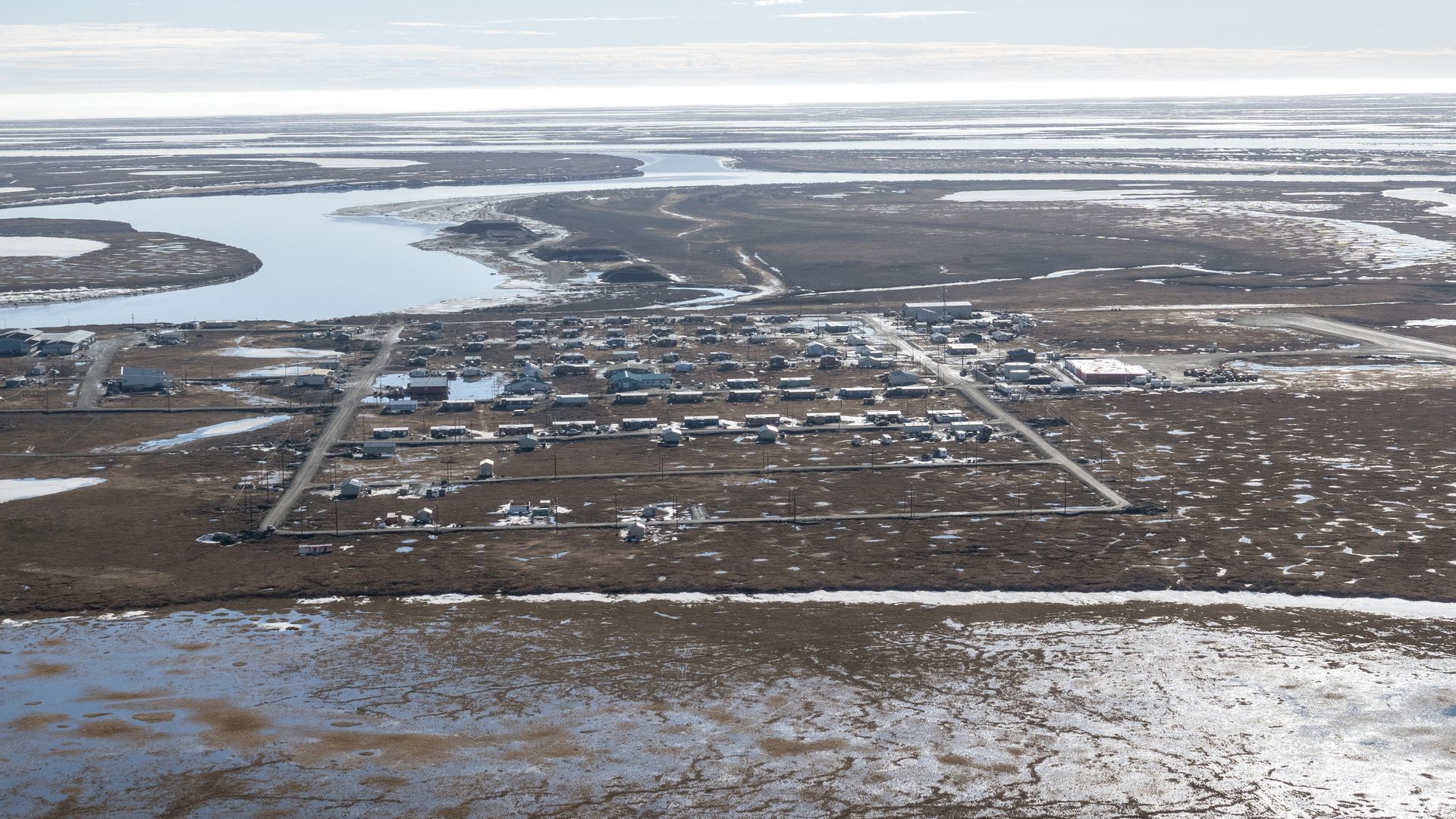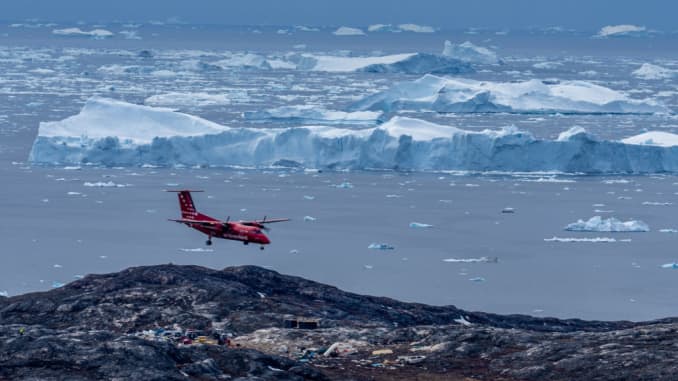Biden to push $6 trillion U.S. budget for next fiscal year – NYT
By David Morgan
Posted on May 27, 2021

FILE PHOTO: President Biden speaks about jobs and the economy from the White House in Washington
WASHINGTON (Reuters) – President Joe Biden will seek $6 trillion in U.S. federal spending for the 2022 fiscal year, rising to $8.2 trillion by 2031, the New York Times reported on Thursday, a day before the White House is expected to unveil its budget proposal.
Citing documents it had obtained, the Times said the Democratic president planned to pay for his agenda through increased taxes on corporations and high earners, and that the budget deficits would start to decrease in the 2030s.
On Friday, Biden is set to release his first full budget since taking office in January as he seeks to push his priorities of investing in infrastructure, childcare and other public works in a national rebuilding effort.
Representatives for the White House could not be immediately reached for comment on the report, which noted Biden’s proposal would put the nation on track for its highest sustained level of spending since World War II.
Republicans have criticized the president for seeking trillions in new spending, setting the stage for pitched battles over his priorities.
“It just seems like the trillions keep on coming,” Republican U.S. Senator Shelley Moore Capito, who is leading a group of colleagues pursuing a counteroffer to Biden’s current $1.7 trillion infrastructure proposal.
While the president can propose an annual budget for the U.S. government, it is up to Congress to approve spending bills. And while Democrats hold the majority in the U.S. House of Representatives, they only narrowly control the 50-50 divided U.S. Senate, with Democratic Vice President Kamala Harris holding the tie-breaking vote.
Still, Biden campaigned on charting a new course for the country after four divisive years under his Republican predecessor, Donald Trump, and has vowed to press ahead with his sweeping proposals.
His plan, expected Friday, will offer more details on that path, including possible spending jumps in Medicaid and other social programs. It will also lay out proposed funds for foreign aid, immigration, policing and national defense.
(Writing by Susan Heavey and Andrea Shalal; editing by John Stonestreet and Mark Heinrich)







